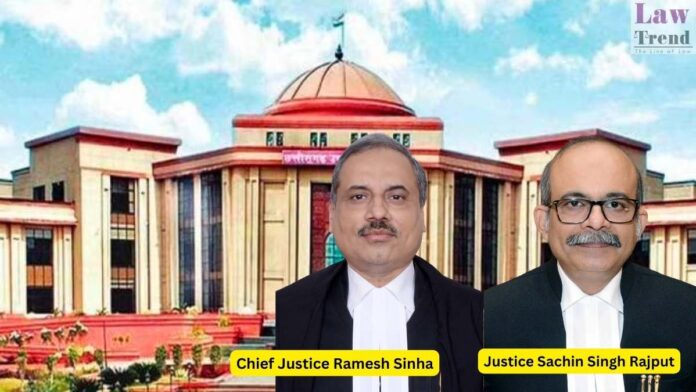The High Court of Chhattisgarh has acquitted four individuals convicted under the Narcotic Drugs and Psychotropic Substances (NDPS) Act, highlighting significant procedural lapses in the investigation and trial process. The judgment, delivered by a division bench comprising Chief Justice Ramesh Sinha and Justice Sachin Singh Rajput, emphasizes the critical importance of adhering to the statutory




